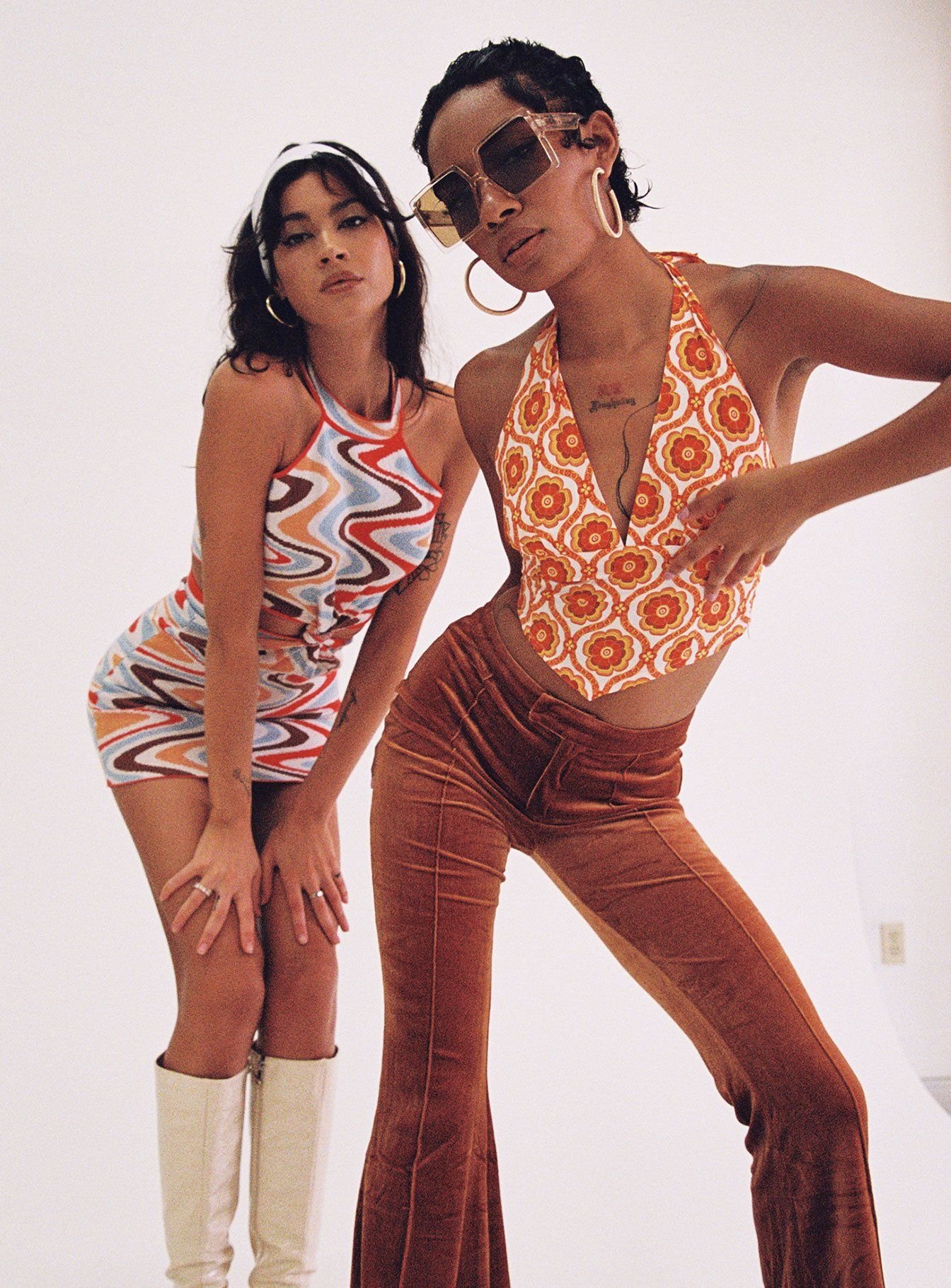The Era of Disco
By Sloane Byrd
During winter break, I took a deep dive into documentaries, and one in particular stuck out to me: Studio 54 on Netflix. This documentary tells the story of one of the most iconic discotechs to exist and how it defined both the era of disco and the lifestyle associated with it. Disco may not be as well known by our generation as those who came before us, but I'm sure that at some point in your life your ears have been graced by the likes of Donna Summer, The Bee Gees, Earth Wind, and Fire, ABBA, and of course, Miss. Diana Ross.
With its emergence in the 1970s, it brought along synthesizers, electronic beats, and a new nightlife scene.
Tons of discotechs opened up around the US which aided in a new subculture associated with the music. Bright lights, disco, flashy outfits, and the creation of funky dance aesthetics infiltrated the lives of many. The popular T.V. show “Soul Train” was also created during this time which not only broadcasted new disco and soul music but also gave America a look into young black culture.
Studio 54 was one of the most famous discotechs of this era and was created by Steve Rubell and Ian Schrager. Known as a former CBS station located in Midtown Manhattan, the two owners flipped the station into a swanky club with fun attractions and shows that were put on at night. The guest list featured names such as Andy Warhol, Bianca Jagger, Michael Jackson, Diana Ross, Liza Minnelli, and many more. Also, it's worth mentioning the strict selection of who they let in and who didn't out of the crowd. With the exclusivity and the theatrics of the scene, the club succeeded and became one of the most famous disco techs of its time.
Disco brought along vibrant and fun nights but also brought people together during a time of harsh realities such as Vietnam, the fight for gay rights and women's rights, and the continuation of the combat against inequality and racism. When you were on the dance floor, it didn't matter your race, identity, or sexuality, so many people were brought together for the common love of disco and the fun vibes that flowed from the music.
Sadly though all good things must come to an end, as the end of the ’70s approached so did disco. Burnout towards the genre of music began to approach after its ten years of relevance. A “Disco Demolition” was even held during a major league baseball game where people stormed the field in protest and even brought along disco records to burn.
Throughout all of this research, I wholeheartedly would say,” Bring disco back!”.
I don't know about you, but I would love to go out to a disco club on a Friday night, wearing a questionable but flashy outfit, and dance to Donna Summers. Who’s with me?
